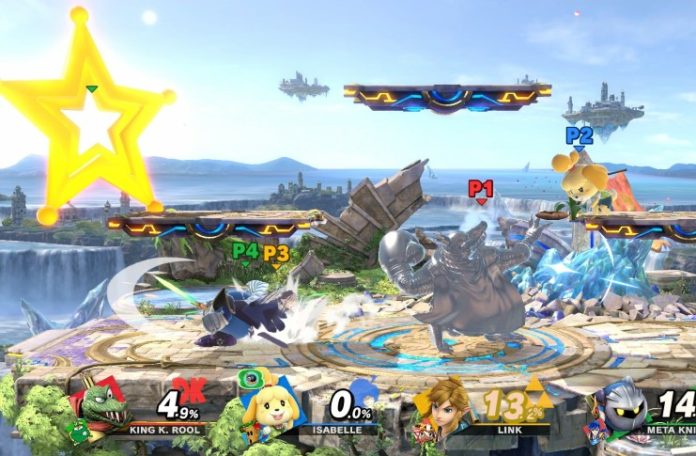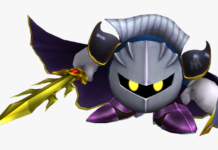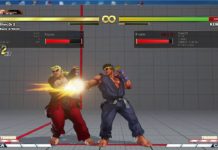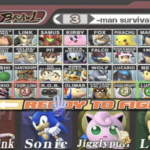For the vast majority of people who play Super Smash Bros., it’s usually done with four-player free-for-alls on giant stages with loads of items. It’s explosive, chaotic, and tons of fun, which is a huge reason why Smash is the best-selling fighting game series ever.
Which is why it can be quite a shocker for people to start watching competitive Smash and seeing only two players at a time, on relatively simple stages, and most jarringly, without any items at all. It’s almost a complete flip on what they thought Smash was.
It’s important to know that there’s a crucial reason why items are banned in Smash tournaments, and that it also wasn’t always like this.
Why Are Items Banned In Smash Tournaments?
The major reason items are banned in Smash tournaments is due to the random factor. You have no control of what items spawn, where they spawn and when they’ll spawn.
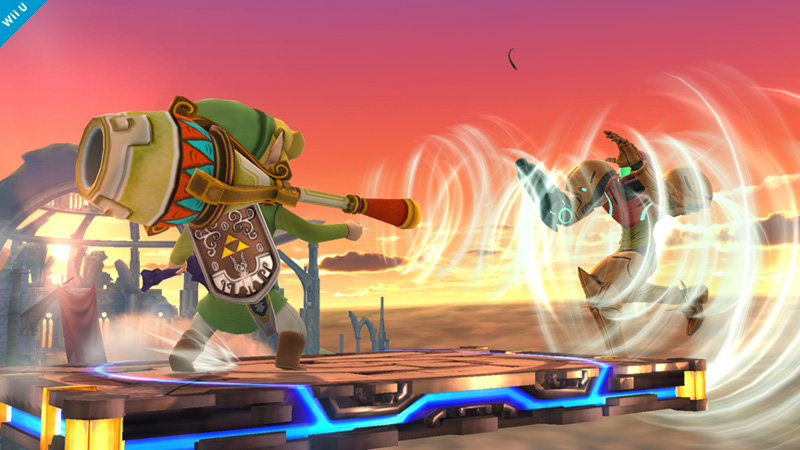
In a competitive environment, you want to make sure that every match is a contest of skill between the two competitors. This means removing any broken elements (this could be banning characters or specific tactics) and playing on relatively neutral stages that don’t overly influence the game.
Items, unfortunately, just add way too many random elements to a match that it can completely change the outcome, as well as how the game is played. Having an item spawn in front of an enemy that’s strong enough to completely turn the match around is just unfair, a product of RNG.
Some people might think that playing around items could be an interesting twist on the meta. The random factor is still too strong. What happens if a Pokeball spawns? What’s inside could either be worth fighting for or wildly ineffective, with the player having no way of knowing if it’s worth it or not. What happens if an explosive item spawns directly in front of you while you’re charging an attack? That’s an incredibly harsh punishment for something completely outside your control.
The list goes on for how drastically items can influence situations at random, and that’s why tournament organizers began phasing out items in competitive play. By reducing random elements as much as possible, every tournament match moves closer to being a genuine representation of a contest of skill.
Do Any Smash Tournaments Use Items?
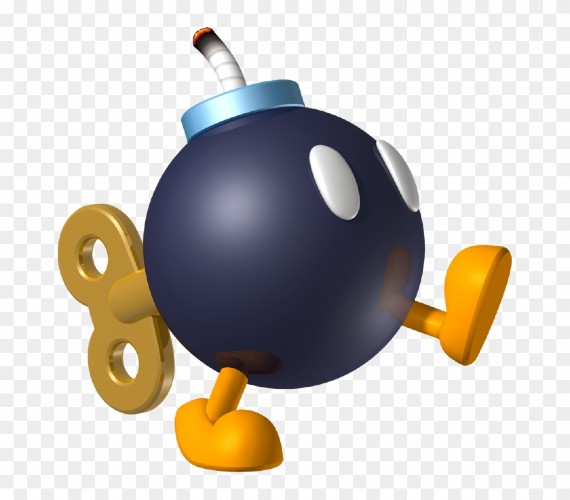
It’s worth noting that early on in Super Smash Bros. Melee, many major events, especially on the west coast, used items. Most tournaments that had items legal would still ban certain items (such as ones that grant invisibility or overly explosive items) but would leave some on that they thought added a dynamic element to the game. This is covered more extensively in The Smash Brothers documentary.
The vast majority of tournaments got rid of items by 2005, although in 2008, the Super Smash Bros. Brawl event at EVO famously had items on. This decision was very controversial, and is often cited as one of EVO’s bigger mistakes when it came to deciding on rules for one of their titles. However, the tournament is still worth watching as a reminder as to why items have no place in competitive play.
While not items per se, some tournaments for Super Smash Bros. for Wii U featured custom movesets which, while not completely random, were criticized for being very unbalanced. These too were eventually banned to make the competitive scene more uniformed and balanced.
Will Smash Tournaments Ever Feature Items Again?
No major tournaments, or for that matter any local that aims to be competitive, will ever introduce items back into their brackets. The consensus is clear that competitive Smash is dynamic enough without items, and that their randomness just sour the experience.
However, if you want to start hosting your local events, you should always make the rules fit whatever you and your attendees want. So if everyone wants to toss on items for your tournament, there’s no need to hesitate; those tournaments should always be for the players themselves.


